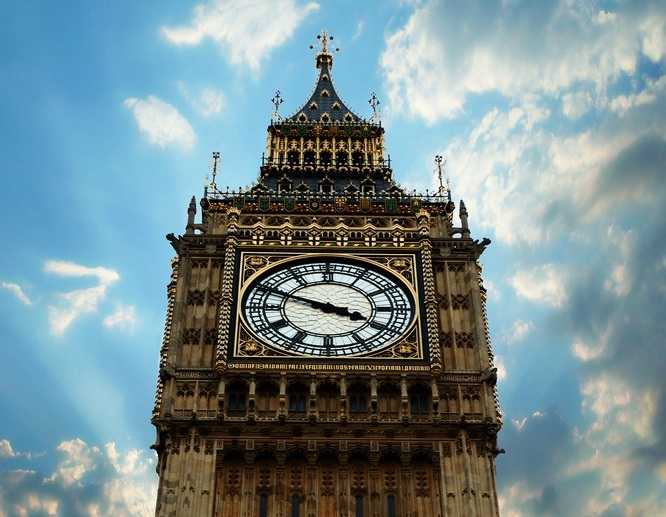

Home Secretary Amber Rudd will tell US technology firms at an counter-terrorism conference that they must do more to tackle extremist content online and has hinted the government could put forward new legislation if progress isn’t made.
The first Global Internet Forum to Counter Terrorism (GIFCT) is being held in San Francisco this week with the stated aim of bringing together tech companies, academics, privacy groups and government organisations to share information and structure the response to extremist content.
More than two dozen firms are attending and other government officials from the US, Australia and Canada, the EU and the UN.
In an interview with the BBC, Rudd reiterated the government’s demands for a ‘backdoor’ into encrypted messaging services, such as WhatsApp, claiming security services are unable to access information for their investigations.
“We support its place in making sure that we have secure facilities in our daily lives,” she is quoted as saying.
“However, there is a problem in terms of the growth of end-to-end encryption. It’s a problem for the security services and for police who are not, under the normal way, under properly-warranted paths, able to access that information.”
“We want [technology companies] to work more closely with us on end-to-end encryption, so that where there is particular need, where there is targeted need, under warrant, they share more information with us so that we can access it.”
Writing in The Telegraph, Rudd said “real people” didn’t need encryption while simultaneously supporting the principle.
Former Prime Minister David Cameron said in 2015 that his government wanted to be able to crack encrypted messages, while his successor Theresa May has expressed similar support, just as she did when she was Home Secretary herself.
However calls have intensified following a series of terror attacks in the UK this year. Rudd said it was “completely unacceptable” the government couldn’t access encrypted WhatsApp messages sent by the perpetrators.
However leading cybersecurity figures and pro-privacy groups have constantly criticised any such move arguing they will erode freedoms and actually undermine the protection that consumers and businesses enjoy from threats.
Gerald Yin, founder, chairman and chief executive of key Chinese chip tools maker AMEC, drops…
Intel reportedly tells clients in China some of its AI chips will now require export…
New Intel chief executive Lip-Bu Tan flattens company's leadership structure as he seeks to end…
Google says it will appeal 'adverse' portions of ruling that found its ad business is…
Denial from TSMC, after multiple reports it was in talks with Intel over a joint…
CEO Tim Cook talks to Trump official, as IDC notes China's smartphone market growth, and…
View Comments
Anyone reading this outside the UK - Don't worry too much, although the UK is now run by a bunch of idiots the vast majority of Brits are still sensible people, believe the US has a similar problem!
The only worry is how much damage they can do before they finally get voted out!